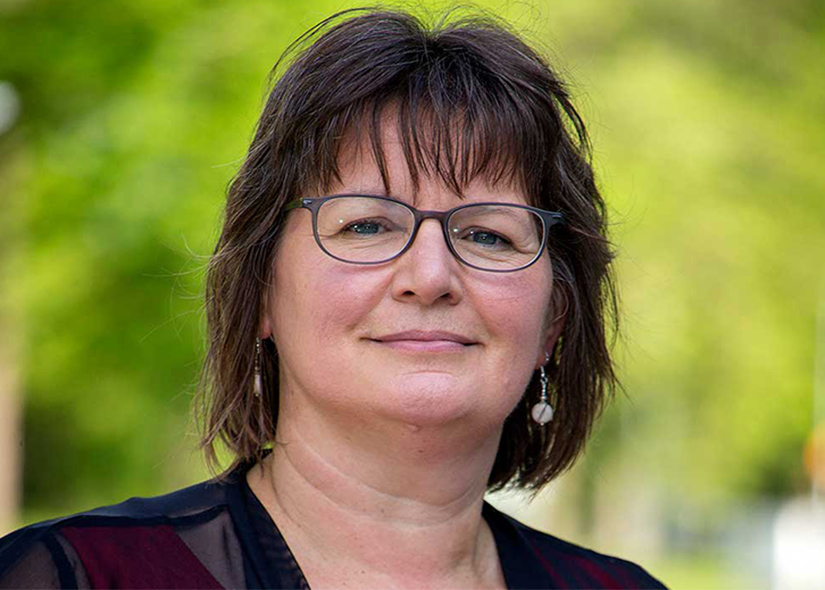
The burden of human leptospirosis in New Zealand was discussed at a forum in Wellington last week as part of a Massey University-led nationwide case-control study to identify risk factors.
A common workplace hazard in the agricultural sector, the disease can cause disease and death in animals, and can transfer to humans causing hospital admissions and long-term illness. In 2017, there were 142 notified human cases and 110 last year.
The forum, held on Massey’s Wellington campus, included delegates from public health units, the Accident Compensation Corporation, Dairy NZ, the New Zealand Veterinary Association and the Meat Industry Association.
Speakers include Rural Women New Zealand acting chief executive Angela McLeod, who will talk about the effects of leptospirosis on farming communities, and Hawke’s Bay District Health Board nurse director (Māori health) Ngaira Harker, who will discuss the impact on Māori in the district.
One year into the three-year study, principal investigator Associate Professor Jackie Benschop hopes the forum will spark more discussion. “We want people to see where the project is at, where we are going, but also we want to be approached with more questions, ideas, and more information about what the disease means to the community,” Dr Benschop says.
Funded by the Health Research Council, the study seeks to address gaps in leptospirosis knowledge that will inform control strategies. It recruits participants currently suffering from the illness.
Massey postdoctoral Fellow Dr Shahista Nisa has been working with every district health board and associated Māori board throughout New Zealand.
“We know that notified cases are just the tip of the iceberg and many cases are going unnotified,” Dr Benschop says. “We also know that this disease affects some more than others. Māori in the Hawkes Bay, for example, are extremely hard-hit. Nationwide, when adjusted for age, occupation, deprivation status, and year reported, Māori with leptospirosis are one-and-a-half times more likely to be hospitalised than non-Māori.”
In a parallel project, looking into hospitalisation trends, Master of Veterinary Studies student Maryna Sokolova investigated data around patients being hospitalised with the disease from 1999 to 2017. “Over time the proportion of hospitalisations amongst patients with leptospirosis has increased from 45 to 60 per cent,” Dr Benschop says. “Maryna has actually found that DHBs in big centres like Auckland and Wellington have low numbers of the disease but the risk of hospitalisation is much higher than in rural centres with larger numbers of cases.”
Another master’s student, Abbie Uy, has been working on what happens with an ACC claim for the disease from the perspective of medical professionals. While the study focuses on patients, Miss Uy’s work studied medical professionals involved with work-related leptospirosis and the associated ACC claims. This has involved semi-structured interviews and has so far found that the assessment of a claim may be affected by factors like physician experience, laboratory test preference and patient and employer compliance.
Within Massey, the project is being undertaken by staff within schools of three colleges – Sciences, Health, and Humanities and Social Sciences (Schools of Veterinary Science; Fundamental Sciences; People, Environment and Planning; Social Work and the Centre for Public Health Research). External investigators include staff from the University of Otago and the Institute of Environmental Science and Research.